Amb Satish Chandra, Vice Chairman, VIF
 Today's interaction will see most dwelling on the Citizen's Amendment Bill (CAB) and going into its fine details and its pros and cons. I would, however, like to avail of this opportunity to underline two points.
Today's interaction will see most dwelling on the Citizen's Amendment Bill (CAB) and going into its fine details and its pros and cons. I would, however, like to avail of this opportunity to underline two points.
First, that the Prime Minister is spot on in pointing out that it constitutes a move to rectify the mistakes of partition and second that it is animated by India's ethos and rooted in its historical experience.
The mistake committed by the Congress government at the time of partition was to believe that the minorities in Pakistan, inclusive of East Pakistan, would be able to live there in safety and security. The holocaust of 1947 which saw the largest mass migration known to mankind and the subsequent squeezing out of the minorities from East and West Pakistan proved them wrong. In 1947, as many as 7.5 million Hindus and Sikhs migrated to India, around 5 million from West Pakistan and around 2.5 million from East Pakistan. While the bulk of these minorities were driven out of West Pakistan by 1951, those from East Pakistan and later Bangladesh faced with persecution came to India over a longer time span. The steady minority migration from the area of East Pakistan is borne out by decrease of the Hindu population there from 27% in 1947 to 22% in 1951 to 13.5% in 1974 and to about 9% in 2011.
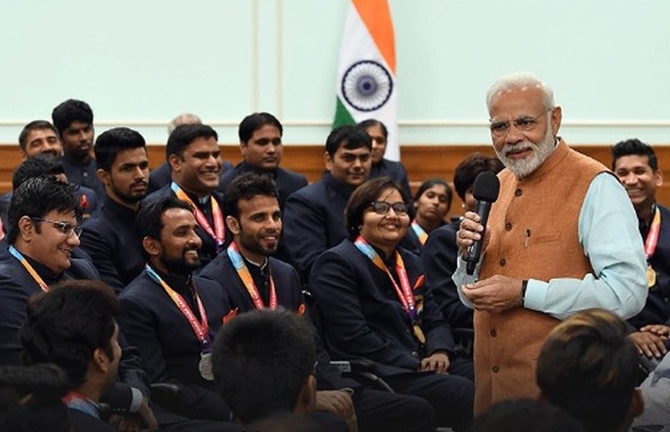



/arc-anglerfish-arc2-prod-mco.s3.amazonaws.com/public/OWTGM5CA6JBALAXYWEOQXN25SI.jpg)
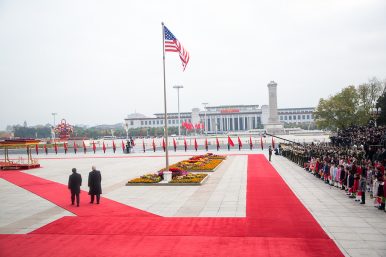
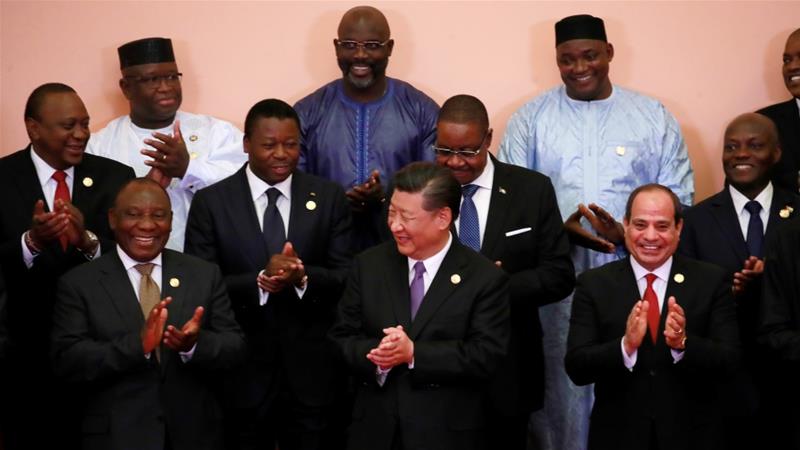

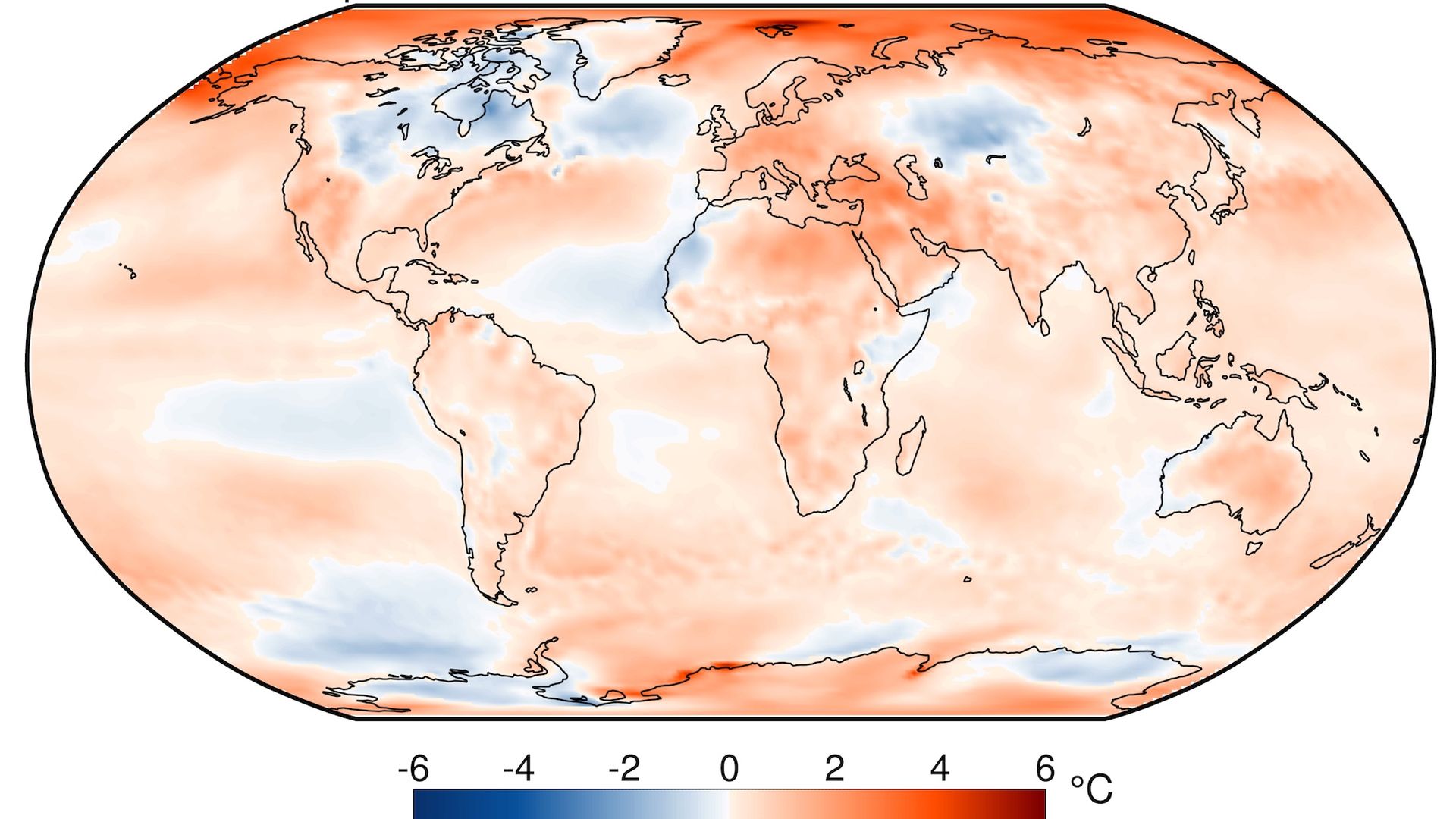
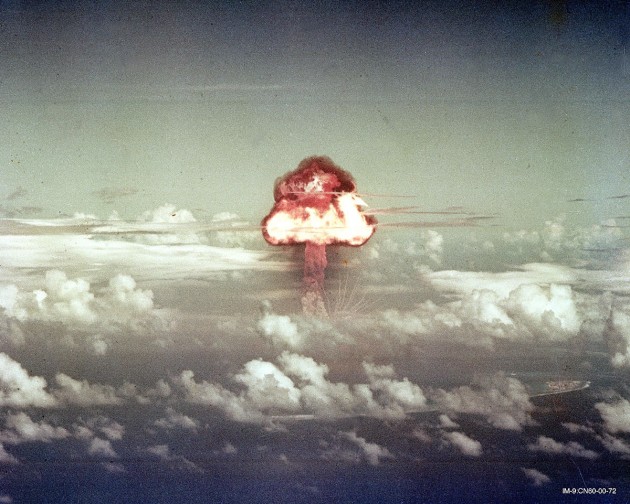

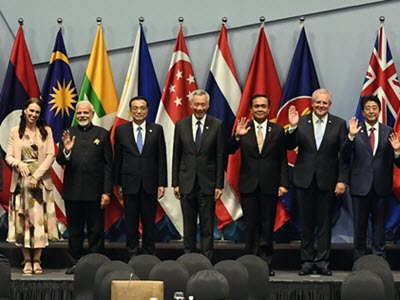


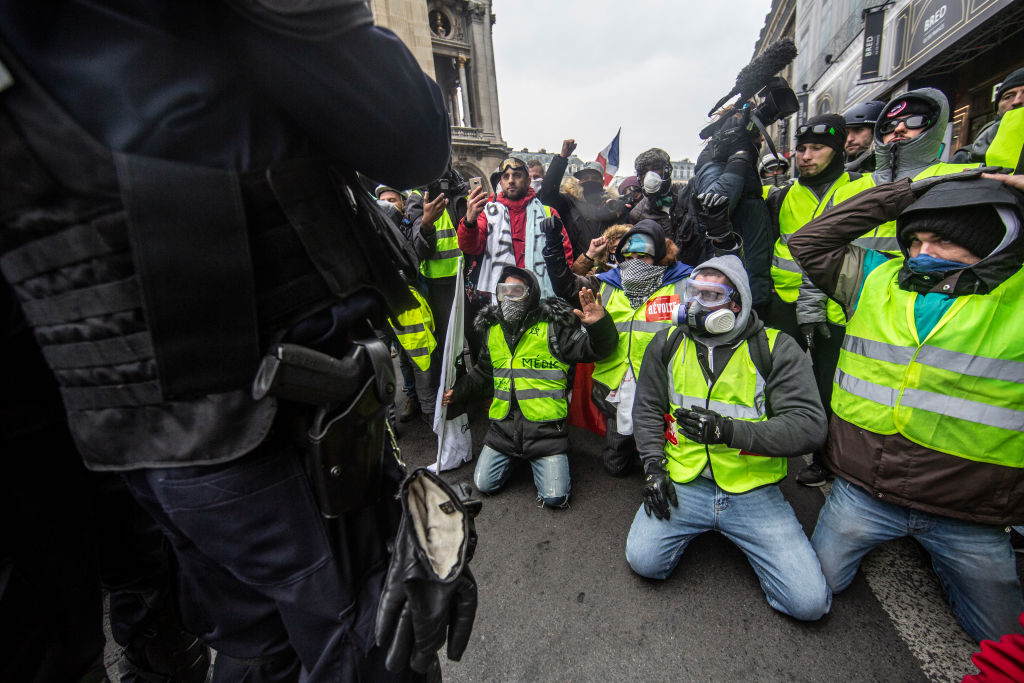
/arc-anglerfish-arc2-prod-mco.s3.amazonaws.com/public/BAPPUHYQQRDMFMAQL6GCXCU644.jpg)

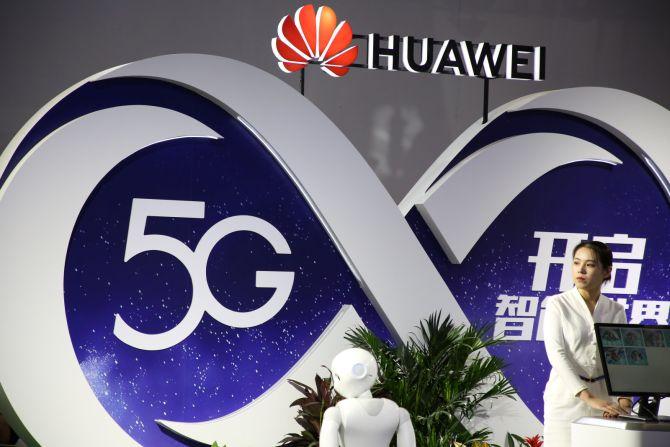

/arc-anglerfish-arc2-prod-mco.s3.amazonaws.com/public/NQLHVJWLTNBODCPNWXSLRTBFSI.jpg)
